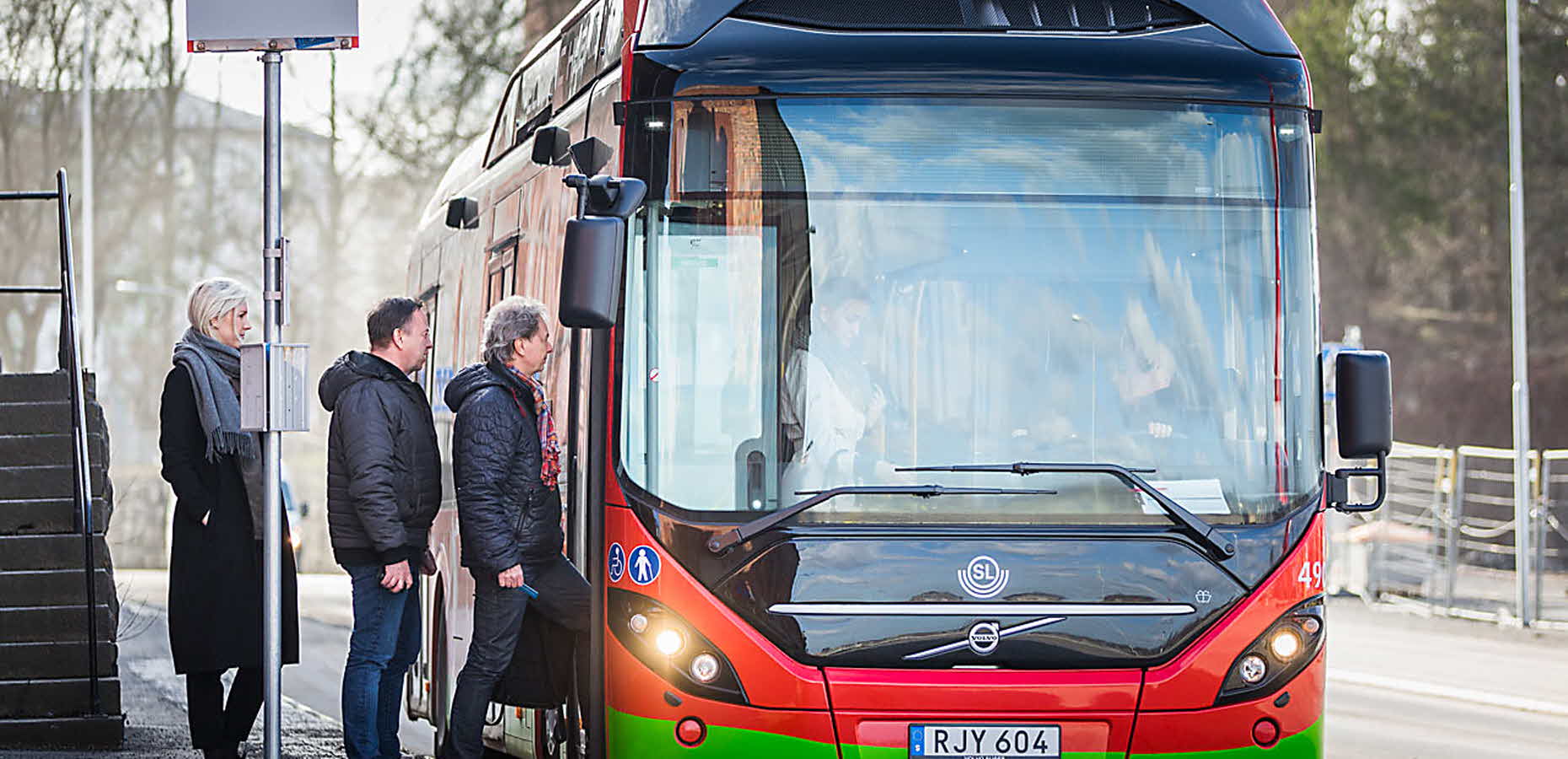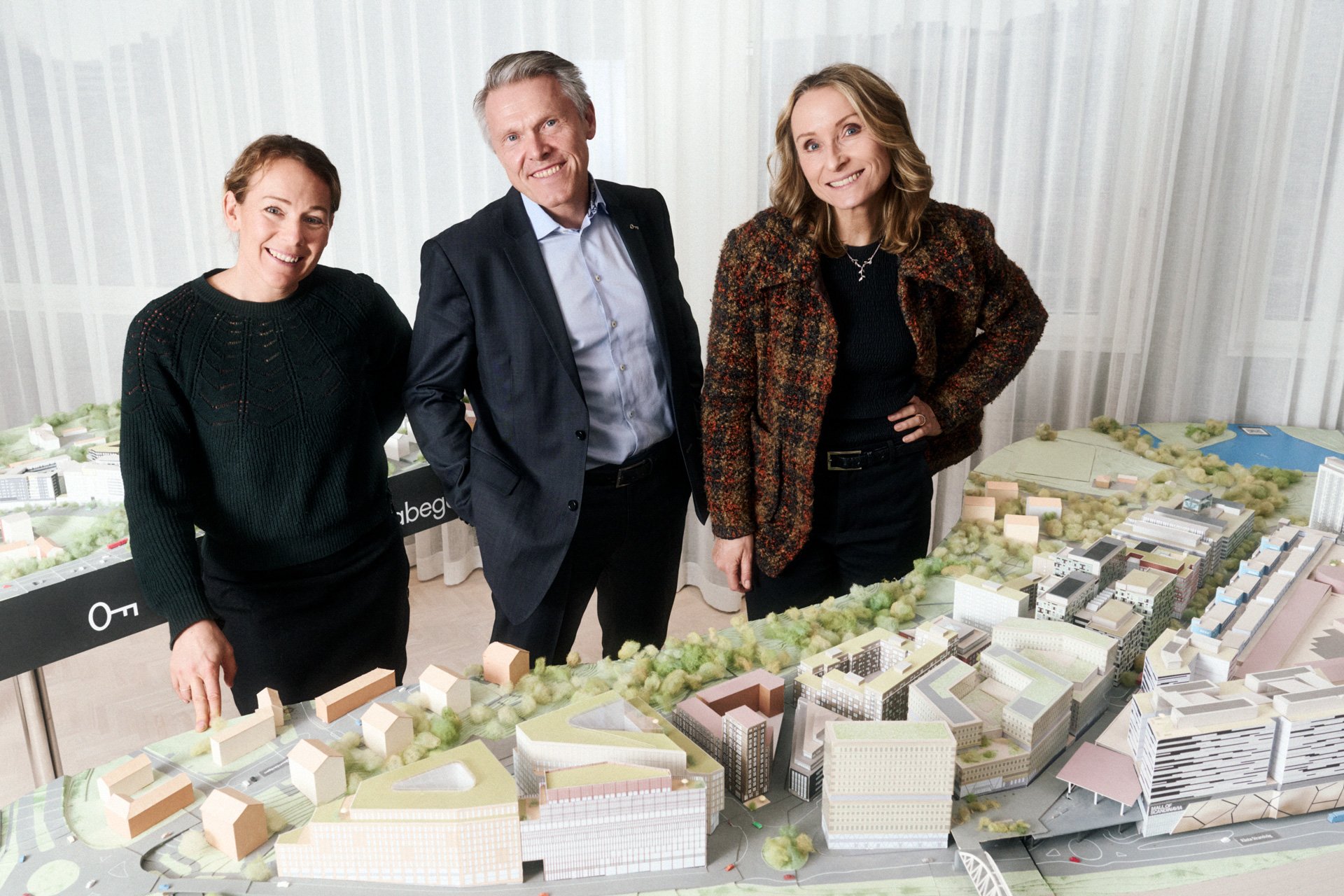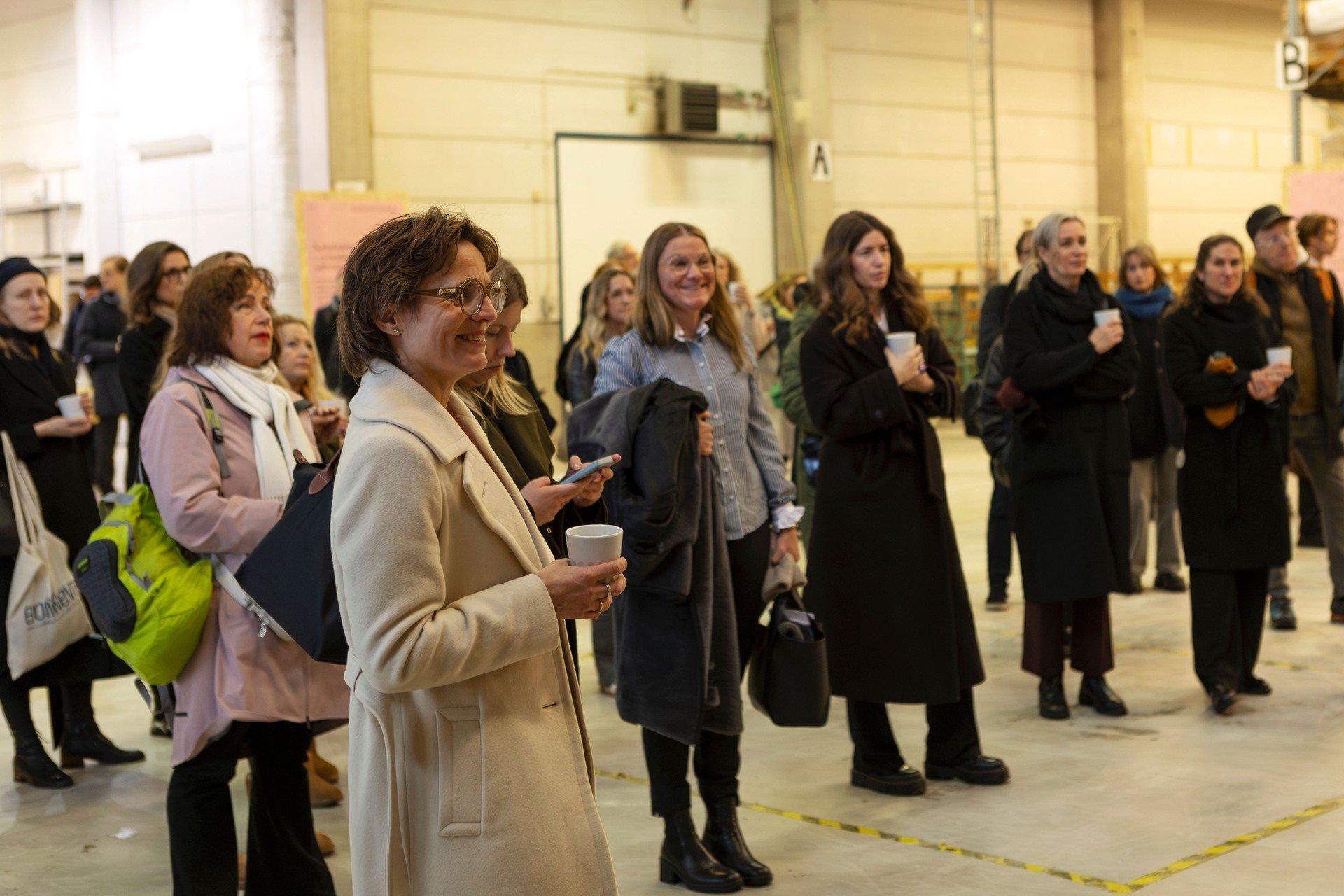Produces concrete scenarios
The model is based on the climate goals of the company that are being analysed and climate goals at national level, such as the government initiative that aims for Sweden to be fossil fuel-free by 2030.
“We’re producing specific sustainable scenarios for how companies could attain environmental benefits. This may for example be how many people need to switch from using a car to using public transport, or how many business trips can be replaced by virtual meetings,” he says.
CERO attaches a cost impact to all measures. If some parts become more expensive, a collective package of measures may still show how the company will actually save money in general terms.
How can the company influence employees to make climate-smart journeys?
“There are several ways to help employees so that they don’t need to take the car, for example. Companies may have a carpool, loan out electric bicycles or offer travel cards for public transport. Good IT solutions are important so that employees can choose to work from home and don’t need to travel at all on one or two days a week,” says Markus.
What’s good for the environment is often good for health:
“When employees choose cycling or walking rather than the car, for example, they have fewer days off sick. Stress also declines when employees are given more options.
Fabege creates sustainable districts
Today, several companies in Arenastaden such as Telia, SEB, Vattenfall and Apoteket have made CERO analyses for reasons such as examining how a move to Arenastaden influences carbon dioxide emissions. The analyses provide a solid basis for Fabege’s discussions with municipalities and public transport providers on sustainable solutions.
“We’re continuously engaged in dialogue with public transport providers to ensure that they’re aware of our urban development plans and new flows of passengers, as well as with the municipality to ensure effective infrastructure, such as cycle paths,” says Elisabet Olin, Director of Corporate Communication at Fabege.
Fabege has also made its own CERO analysis to increase employee well-being and reduce the burden on climate.
Would you like to perform your own CERO analysis?
Contact CERO to see how they can help you.



